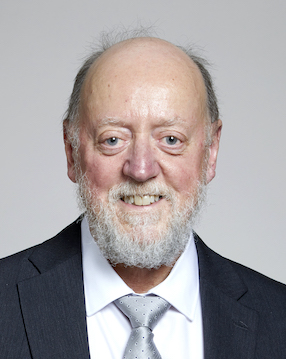Cited By
View all- Bouteiller ABosilca G(2022)Implicit Actions and Non-blocking Failure Recovery with MPI2022 IEEE/ACM 12th Workshop on Fault Tolerance for HPC at eXtreme Scale (FTXS)10.1109/FTXS56515.2022.00009(36-46)Online publication date: Nov-2022
- Guo LGeorgakoudis GParasyris KLaguna ILi D(2020)MATCH: An MPI Fault Tolerance Benchmark Suite2020 IEEE International Symposium on Workload Characterization (IISWC)10.1109/IISWC50251.2020.00015(60-71)Online publication date: Oct-2020
- Georgakoudis GGuo LLaguna I(2020)Reinit$$^{++}$$: Evaluating the Performance of Global-Restart Recovery Methods for MPI Fault ToleranceHigh Performance Computing10.1007/978-3-030-50743-5_27(536-554)Online publication date: 15-Jun-2020
- Show More Cited By



